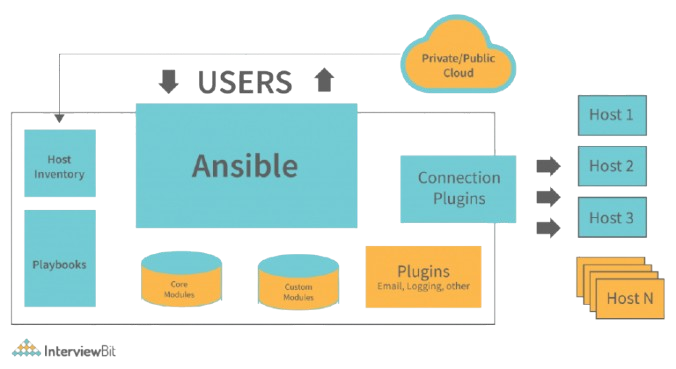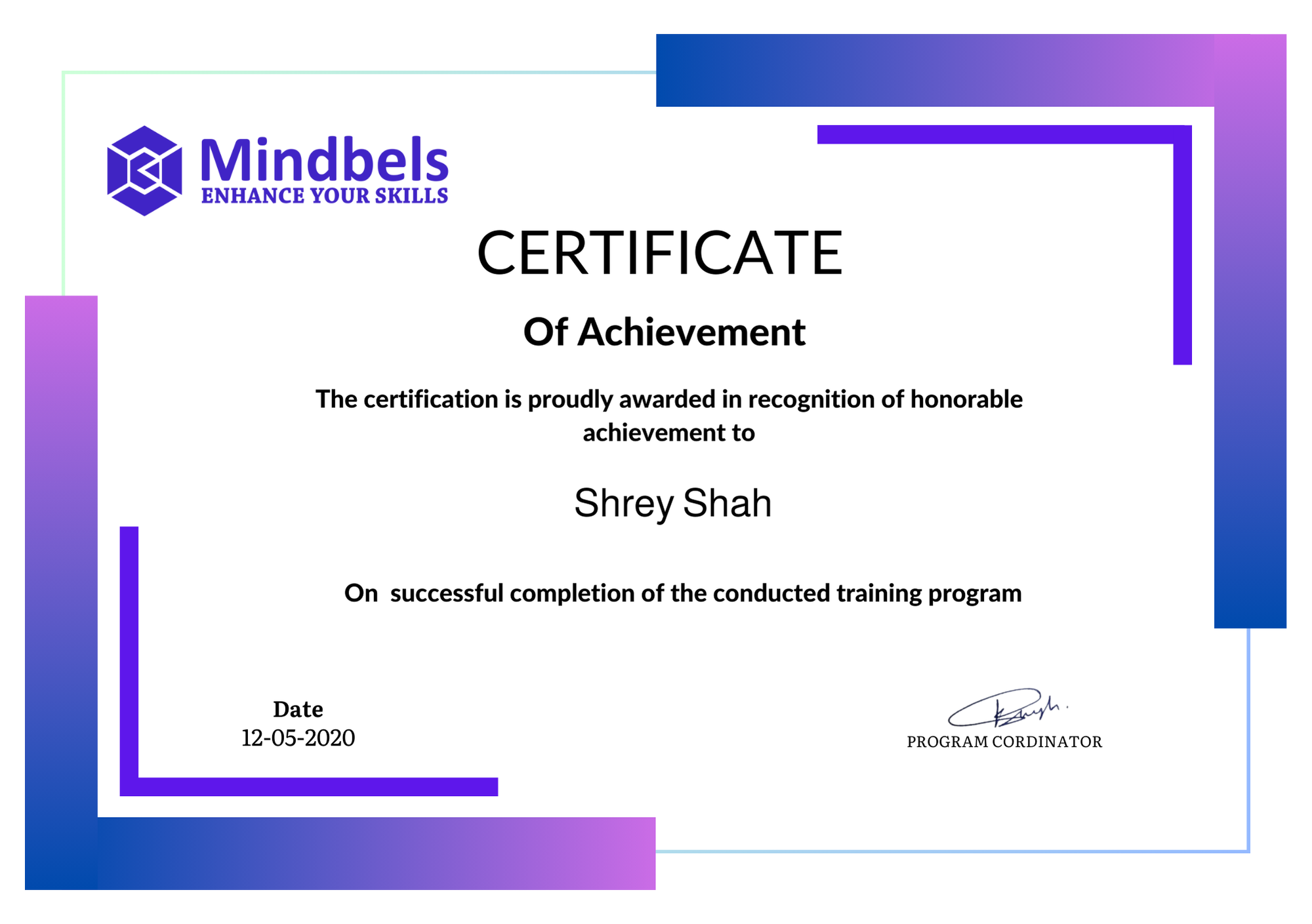Ansible Training Overview
Ansible is an open-source automation tool that uses simple YAML playbooks to manage configurations and deployments. It’s agentless, efficient, and widely used in DevOps for automating infrastructure across cloud and on-prem environments.
Why Ansible?
-
Agentless automation
-
Idempotent operations
-
Easy YAML syntax
-
Rich module library
-
Cross-platform support
What You Will Learn
-
Automation fundamentals and use cases
-
Writing Ansible Playbooks
-
Using modules, roles, and inventories
-
Configuring systems automatically
-
Managing cloud infrastructure
-
Integrating Ansible with CI/CD pipelines
-
Securing deployments with Vault
-
Real-world automation projects
Prerequisites
-
Basic understanding of IT operations
-
Familiarity with Linux command line
-
Some scripting knowledge (e.g., Bash, Python)
-
Basic knowledge of servers and infrastructure (helpful, not required)
Course Curriculum
Overview of configuration management
Introduction to Ansible and its benefits
Ansible architecture and components
Understanding YAML syntax
Writing simple playbooks
Managing playbooks, roles, and inventories
Using variables, templates, and conditionals
Handling secrets with Ansible Vault
Ensuring idempotency and error handling
Integrating Ansible with CI/CD tools (e.g., Jenkins)
Triggering playbooks via pipelines
AI-assisted playbook generation (GitHub Copilot, Tabnine, CodeWhisperer)
Natural language to YAML conversion using LLMs (OpenAI, Codex)
Implementing self-healing scripts with AI triggers
Writing and executing basic playbooks
Creating reusable roles for modular automation
Managing dynamic inventories
Secret management with Vault
CI/CD-triggered automation
AI-assisted authoring exercises
Overview of Red Hat Certified Engineer (RHCE) - Ansible Automation
Tips and practice for Ansible Certified Automation Specialist exam



